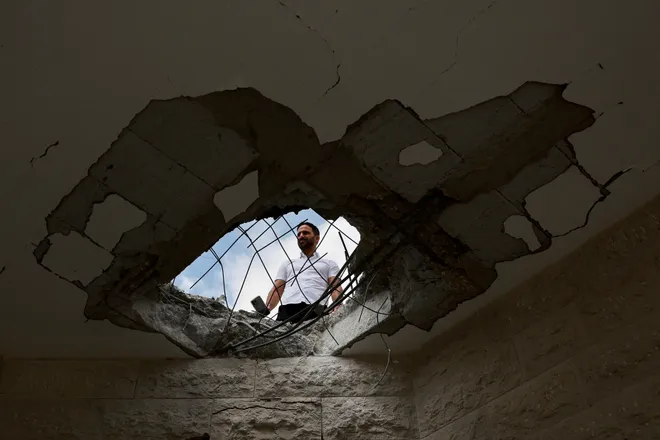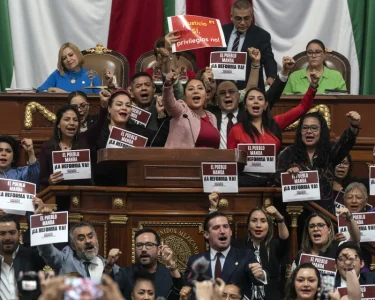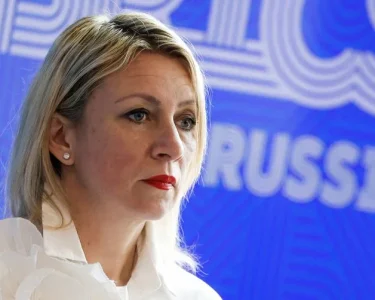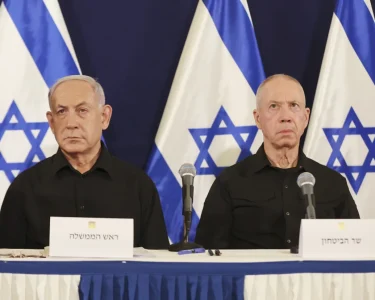The ongoing conflict in the Middle East between Israel and the militant groups Hezbollah and Hamas has escalated to alarming levels, prompting fears of a full-scale war that could engulf the entire region. Recent days have seen a surge in hostilities, with both Israel and Hezbollah launching significant attacks that threaten to destabilize the already volatile situation further. The question on many minds is whether these escalations will push the region into a broader war or if there is still hope for easing tensions.

The Current Situation
Tensions between Israel and its neighboring militant groups have been simmering for decades, with periodic flare-ups that threaten regional stability. However, the latest wave of violence has been particularly intense. Israel has conducted airstrikes targeting key Hezbollah and Hamas positions, while both groups have responded with rocket barrages aimed at Israeli cities. The situation is reminiscent of previous conflicts, but the scale and intensity of the current exchanges have raised concerns that this could be the beginning of a more extensive and prolonged conflict.
Israel’s Military Response
Israel’s military has been clear about its intentions: to neutralize the threat posed by Hezbollah and Hamas. The Israeli Defense Forces (IDF) have carried out a series of airstrikes aimed at crippling the military capabilities of these groups. According to Israeli officials, these strikes are necessary to protect Israeli citizens from the constant threat of rocket attacks and to prevent Hezbollah and Hamas from gaining a strategic advantage in the region.
Israeli Prime Minister Benjamin Netanyahu has stated that Israel will not tolerate attacks on its citizens and will respond with overwhelming force if necessary. This stance has garnered widespread support within Israel, where the population is weary of living under the threat of rocket attacks. However, the international community is increasingly concerned about the humanitarian impact of Israel’s military actions, particularly in Gaza, where the civilian population has borne the brunt of the violence.
Hezbollah’s Role in the Conflict
Hezbollah, the Lebanon-based Shiite militant group backed by Iran, has been a significant player in the conflict. While the group has long been an adversary of Israel, its involvement in the current hostilities marks a dangerous escalation. Hezbollah has launched a series of rocket attacks on northern Israel, prompting fears that the conflict could spread beyond Gaza and into Lebanon.
Hezbollah’s leader, Hassan Nasrallah, has vowed to continue the fight against Israel, framing it as a resistance against Israeli aggression. The group’s involvement complicates the situation further, as it brings in the potential for a wider regional conflict involving Lebanon and possibly other neighboring countries.
The Humanitarian Crisis
As the violence escalates, the humanitarian situation in Gaza and southern Lebanon is deteriorating rapidly. Hundreds of civilians have been killed or injured in the crossfire, and thousands more have been displaced from their homes. The United Nations and other humanitarian organizations have called for an immediate ceasefire to allow for the delivery of aid to those in need.
The situation in Gaza is particularly dire, with the densely populated territory suffering from a lack of essential supplies, including food, water, and medical care. Hospitals are overwhelmed with casualties, and there is a growing fear that the situation could spiral into a full-blown humanitarian disaster if the violence continues unabated.
Regional and Global Implications
The conflict between Israel, Hezbollah, and Hamas has far-reaching implications for the broader Middle East. A full-scale war could destabilize neighboring countries, including Lebanon, Syria, and Jordan, and potentially draw in other regional powers like Iran and Saudi Arabia. The international community is closely monitoring the situation, with world leaders urging both sides to exercise restraint and seek a diplomatic solution.
The United States and other Western countries have expressed strong support for Israel’s right to defend itself but have also called for caution to avoid a wider conflict. Meanwhile, Iran, a key backer of Hezbollah and Hamas, has warned that it will not stand idly by if Israel continues its military actions. This raises the possibility of a broader regional conflict that could have devastating consequences for the entire Middle East.
Is There Hope for De-escalation?
Despite the grim outlook, there are still avenues for de-escalation. Diplomatic efforts are underway to broker a ceasefire, with the United Nations and other international organizations playing a key role in facilitating negotiations. Some analysts believe that a ceasefire could pave the way for more comprehensive peace talks, which could address the underlying issues fueling the conflict.
However, achieving a lasting peace will require concessions from both sides. Israel will need to address the grievances of the Palestinian population, including the ongoing blockade of Gaza and the expansion of settlements in the West Bank. At the same time, Hezbollah and Hamas will need to renounce violence and recognize Israel’s right to exist as a sovereign state.
The path to peace is fraught with challenges, but the alternative—a full-scale regional war—is too catastrophic to contemplate. The international community must redouble its efforts to prevent further bloodshed and work towards a sustainable resolution to the conflict.
As the world watches with bated breath, the next steps taken by Israel, Hezbollah, and Hamas will determine the future of the Middle East. Will the region descend into a new era of war, or is there still hope for peace? Only time will tell, but one thing is certain: the stakes have never been higher.
For further insights and analysis on global conflicts, visit Digital Digest.




